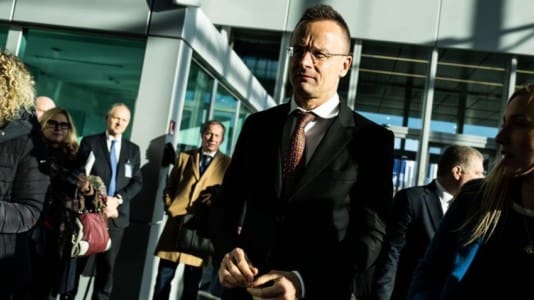The Czech Republic has joined Belgium and Italy in their demand for an exemption from Russian steel imports, which they want to be extended until 2028.
Czech Minister of Industry and Trade Jozef Síkela stated that the country is currently unable to replace the Russian supplier. Following consultations with representatives of the steel industry, Marek Vošahlík from the Czech Ministry of Industry and Trade’s press department, pointed out that the annual steel consumption of Czech industry is expected to be around 500,000 tons by 2024.
At the Council meeting in Brussels, Síkela presented the request for an exemption, which mainly concerns imports of heavy steel plates.
“In the current situation of the construction industry, for example in the building of bridges, we cannot do without them,” the minister told journalists ahead of Monday’s meeting, adding that the Czech Republic is optimistic about being awarded the exemption.
The EU first banned the import of key iron and steel products from Russia in March 2022, while the latest sanctions now require importers to prove that the inputs used in their goods have not originated from Russia. With an export of 3.7 million tons to the EU in 2021, Russia is the second-largest steel supplier to the EU after Turkey, which also now processes and re-exports Russian steel.
Sikela said he believes that sanctions should primarily harm those against whom they are aimed, not those who apply them.
The minister added that only a few suppliers are currently able to produce steel plates. He also said that the country is looking for other solutions, but that there are no acceptable options at the moment. He acknowledged that some suppliers are located in China, but the quality of their products is unsatisfactory and supply is unreliable.





